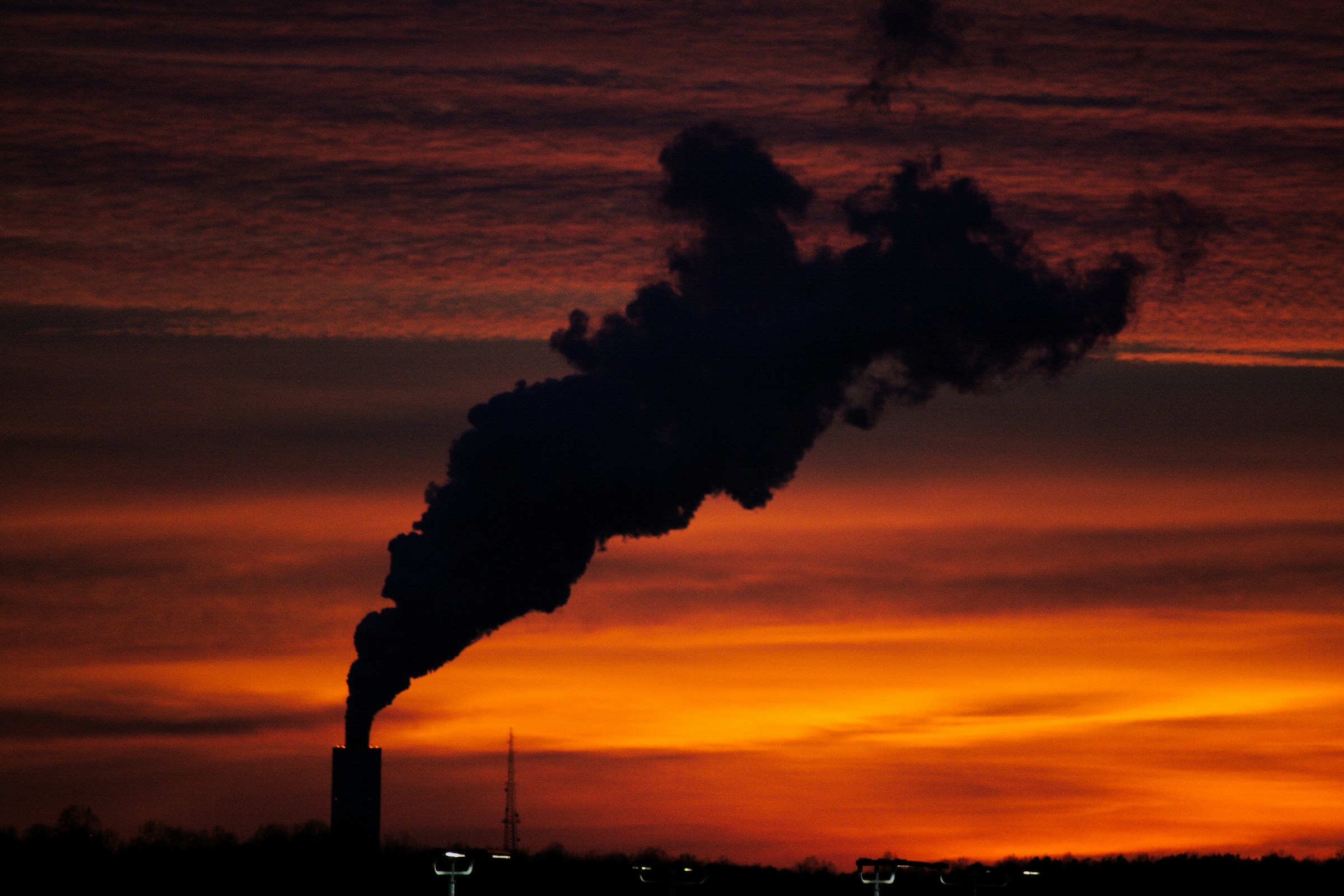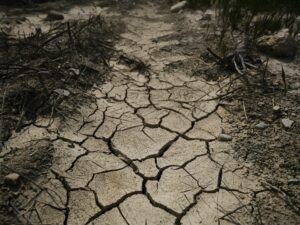Since the 2008 global financial crisis, taxation has become an important area of international cooperation. Indeed, today, taxation is discussed in all major international economic decision-making fora, from the G20 to the United Nations. The agenda is full of pressing issues: from the adoption of common rules for taxing multinationals’ profits and preventing tax evasion, the introduction of global taxes to generate revenue for global public goods, to the establishment of multilateral decision-making and regulatory bodies.
Read the report “Towards an international climate and development taxation system”
The climate crisis and its associated costs have contributed substantially to placing international tax cooperation high on the international agenda. Estimates of the investments needed in developing countries to mitigate climate change, adapt economies and infrastructures to its effects, and deal with the costs of loss and damage are between USD 1800 and 2400 billion per year.
In order to generate this level of resources and ensure that they are spent fairly and effectively, a thorough reform of the international financial architecture is needed. Greater international cooperation on taxation is a key pillar of such reform. Taxation can facilitate the energy transition by disincentivising the use of fossil fuels; create additional resources to tackle climate change; contribute to climate justice by taxing fossil-intensive activities in the most polluting countries and allocating revenues to countries most vulnerable to climate change. At the national level, it can mitigate the shrinking of fiscal space caused by the rising cost of debt servicing and limit the cut in public investment in the energy transition.
On the international agenda, there are three main categories of instruments for international climate taxation:
- Carbon pricing, which includes both markets for emission trading systems (or ETS) and CO2 taxation, or carbon tax.
- Green taxes on activities or products directly related to greenhouse gas emissions, such as fossil fuel extraction, and their use in the shipping and aviation sectors.
- Taxes on extreme wealth and on financial transactions.
These instruments can generate an important part of the additional resources needed for the New Collective Quantified Goal (NCQG) of climate finance, to be defined at COP29 in Baku, Azerbaijan. It is crucial, however, that the new international taxes lead to a net transfer of additional funding beyond existing official development assistance (ODA) and climate finance. This means that such taxes should be designed to avoid exacerbating inequalities between countries and leading to regressive effects within countries. Their revenues should be effectively spent on mitigation, adaptation and loss and damage activities. Finally, these taxes will have to be accompanied by macroeconomic stabilisation measures and green industrial policies.
In 2024 and 2025, there are numerous opportunities to consolidate international cooperation on taxation for sustainable development and climate, and to align it with the reform of the international financial architecture. These include the completion of the implementation of the two pillars of the OECD and G20 Framework Agreement on Base Erosion and Profit Shifting (BEPS); the negotiation of an International Tax Convention at the United Nations; the discussion in the G20 of proposals for the international taxation of the ultra-rich; and the launch of the Task Force on Global Solidarity Levies promoted by France, Kenya and Barbados at COP28. Furthermore, the Fourth International Conference on Finance for Development under the auspices of the United Nations will take place in July 2025 in Spain.
Estimates suggest that the financial resources to achieve the Sustainable Development Goals (SDGs) and the Paris Agreement exist in the global economy, and that greater international tax cooperation, including through ‘green’ taxes, could generate hundreds of billions of dollars. Mobilising them is a matter of sheer political will.
Read the report
Photo by Sam Jotham Sutharson







